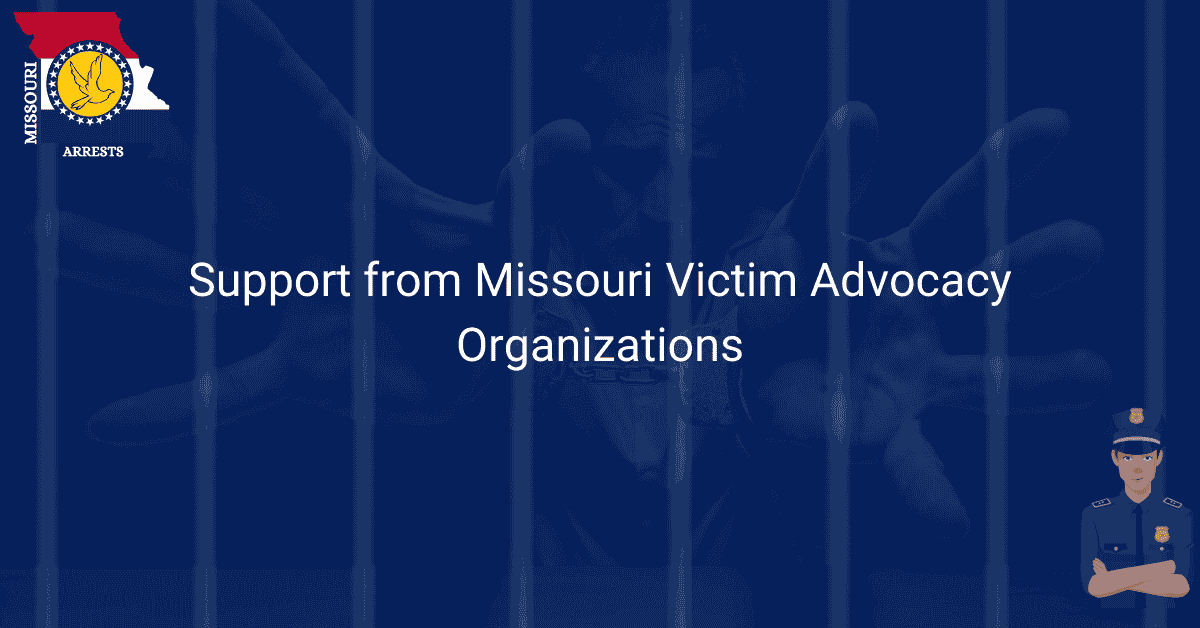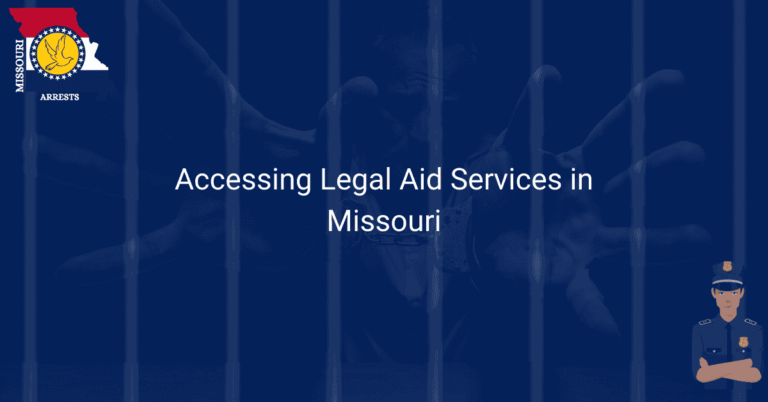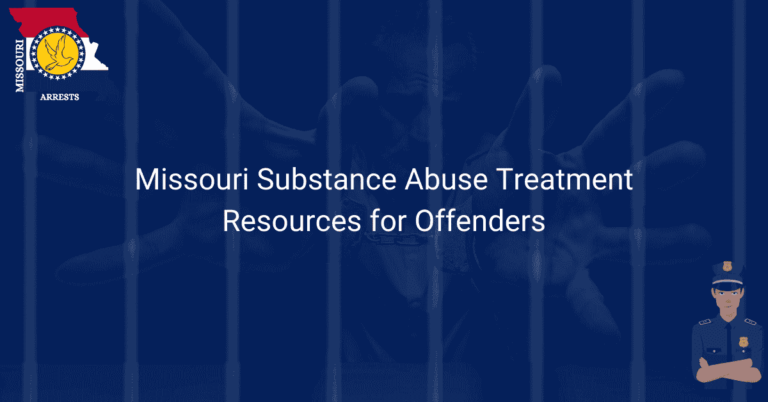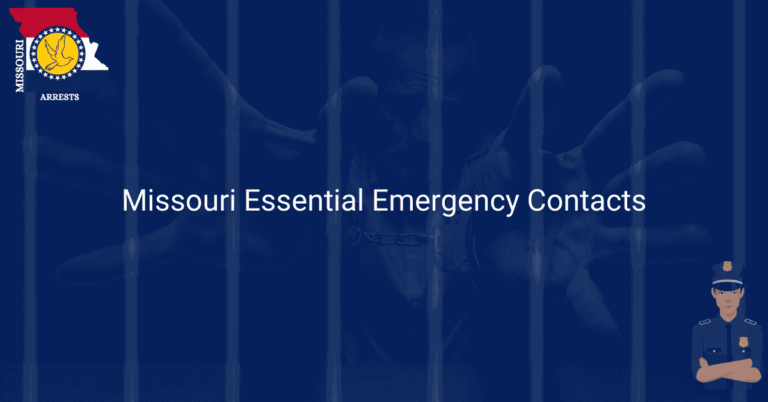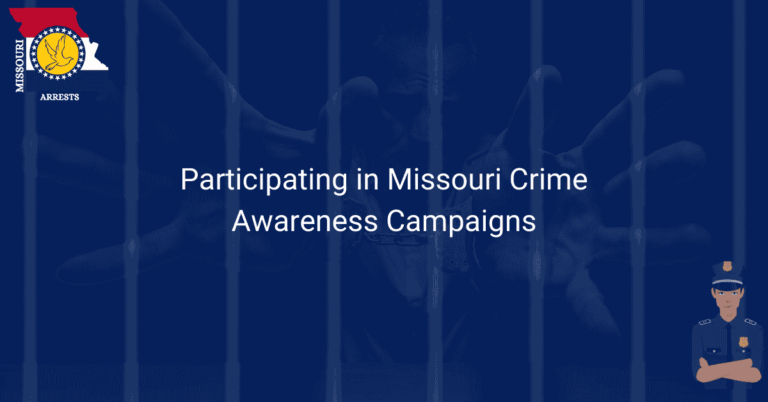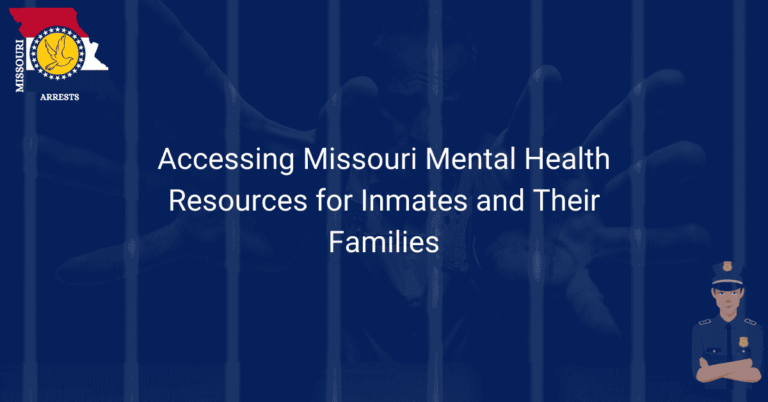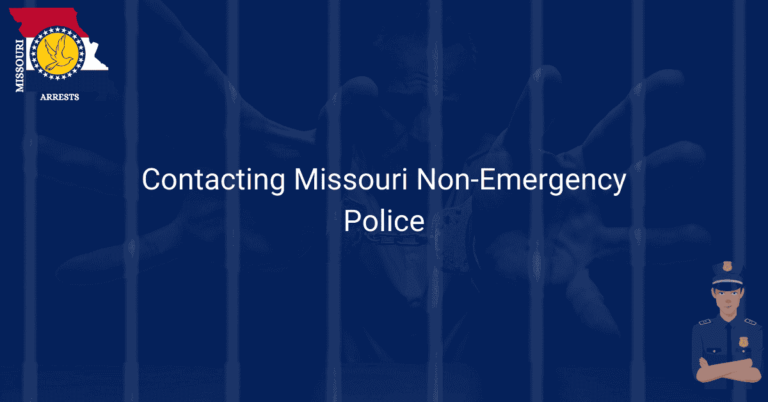Support from Missouri Victim Advocacy Organizations
Victim advocacy organizations in Missouri play a crucial role in supporting individuals who have experienced trauma and injustice. These organizations offer a range of services aimed at providing emotional support, legal guidance, and resources to help victims navigate the complexities of the justice system. By working closely with victims, these advocacy groups strive to empower individuals to seek justice and reclaim their sense of agency.
Through collaboration with law enforcement agencies, legal professionals, and community partners, victim advocacy organizations in Missouri work tirelessly to ensure that victims receive the support and assistance they need to heal and move forward. By raising awareness about victims’ rights and providing a platform for their voices to be heard, these organizations play a vital role in advocating for justice and promoting a safer, more equitable society for all.
Services Offered by Victim Advocacy Organizations
Victim advocacy organizations in Missouri play a crucial role in providing support and assistance to individuals who have experienced various forms of trauma. These organizations offer a range of services aimed at helping victims navigate the complex legal system and access the resources they need to heal and recover.
Emotional Support for Trauma Victims
One of the primary services offered by victim advocacy organizations is emotional support for trauma victims. Trained advocates provide a safe and supportive environment for victims to express their feelings, process their experiences, and begin the healing journey. Through individual counseling, support groups, and crisis intervention services, these organizations help victims cope with the emotional impact of their trauma.
Legal Guidance and Assistance for Victims
Victim advocacy organizations in Missouri also offer legal guidance and assistance to victims who are navigating the criminal justice system. Advocates work closely with victims to help them understand their rights, prepare for legal proceedings, and access legal resources. By providing information about the legal process and advocating on behalf of victims, these organizations ensure that victims are empowered to seek justice and hold perpetrators accountable.
Resources to Navigate the Justice System
In addition to emotional support and legal guidance, victim advocacy organizations provide victims with resources to navigate the justice system effectively. From helping victims file police reports and obtain protective orders to connecting them with legal representation and court accompaniment services, these organizations ensure that victims have the support they need to navigate the complexities of the legal system.
Collaboration and Support Network
Victim advocacy organizations in Missouri understand the importance of collaboration and building a strong support network to effectively assist victims of trauma. By partnering with law enforcement agencies, legal professionals, and community organizations, these organizations are able to provide comprehensive support to victims and work towards promoting justice and healing.
Partnership with Law Enforcement Agencies
Victim advocacy organizations collaborate closely with law enforcement agencies to ensure that victims receive the support they need to navigate the criminal justice system. By working together to coordinate victim services, share information, and advocate for victims’ rights, these partnerships help to ensure that victims are treated with compassion, respect, and dignity throughout the legal process.
Working with Legal Professionals
Legal professionals play a crucial role in advocating for victims’ rights and ensuring that their voices are heard in the legal system. Victim advocacy organizations work closely with legal professionals to provide victims with access to legal representation, advocacy services, and court accompaniment. By working together, these organizations help victims navigate the legal process and seek justice for the crimes committed against them.
Community Partnerships for Victim Assistance
Community partnerships are essential for victim advocacy organizations to effectively support victims of trauma and promote justice in society. By collaborating with local organizations, businesses, and community members, victim advocacy organizations can raise awareness about victims’ rights, amplify victims’ voices, and advocate for a safer and more supportive society for all individuals.
Empowering Victims and Promoting Justice
Victim advocacy organizations in Missouri are dedicated to empowering victims and promoting justice in society. Through their work, these organizations raise awareness about victims’ rights, amplify victims’ voices, and advocate for policies and practices that create a safer and more just society for all individuals.
Raising Awareness about Victims’ Rights
One of the key goals of victim advocacy organizations is to raise awareness about victims’ rights and ensure that victims are treated with respect, compassion, and dignity. By educating the public about the rights of victims of crime, these organizations help to create a more supportive and understanding community that values the experiences and voices of victims.
Amplifying Victims’ Voices
Victim advocacy organizations work tirelessly to amplify the voices of victims and ensure that their stories are heard and respected. By providing platforms for victims to share their experiences, advocate for their rights, and demand justice, these organizations help to empower victims and create a society that values and prioritizes the well-being of all individuals.
Advocating for a Safer Society
Ultimately, victim advocacy organizations in Missouri are committed to advocating for a safer society for all individuals. By working to raise awareness about the impact of trauma, promote policies that support victims’ rights, and collaborate with community partners to create a more supportive and just environment, these organizations contribute to building a society where all individuals can feel safe, respected, and empowered.
Frequently Asked Questions
Our Frequently Asked Questions section aims to provide comprehensive information to enhance your experience with our services. Below, you will find detailed answers to commonly asked questions regarding Support from Missouri Victim Advocacy Organizations.
What services do Missouri Victim Advocacy Organizations provide?
Missouri Victim Advocacy Organizations offer a range of services to support victims of crime, including emotional support, legal advocacy, assistance navigating the criminal justice system, and access to resources for victims.
How can I contact a Missouri Victim Advocacy Organization for help?
To seek help from a Missouri Victim Advocacy Organization, you can contact their hotline, visit their office in person, or reach out through their website. They have trained professionals ready to assist you in your time of need.
What types of crimes do Missouri Victim Advocacy Organizations assist with?
Missouri Victim Advocacy Organizations provide support to victims of various crimes, including domestic violence, sexual assault, child abuse, human trafficking, and other violent offenses. They offer tailored assistance based on the type of crime experienced.
Are Missouri Victim Advocacy Organizations free to use?
Yes, the services provided by Missouri Victim Advocacy Organizations are typically free for victims. These organizations are funded to ensure that victims of crime can access support and resources without financial burden.
How can Missouri Victim Advocacy Organizations help me navigate the legal system?
Missouri Victim Advocacy Organizations have legal advocates who can guide you through the legal process, explain your rights as a victim, accompany you to court proceedings, and help you understand legal documents related to your case.
Can Missouri Victim Advocacy Organizations provide counseling services?
Many Missouri Victim Advocacy Organizations have partnerships with mental health professionals who can offer counseling services to victims. These services aim to address trauma, promote healing, and provide emotional support throughout the recovery process.

